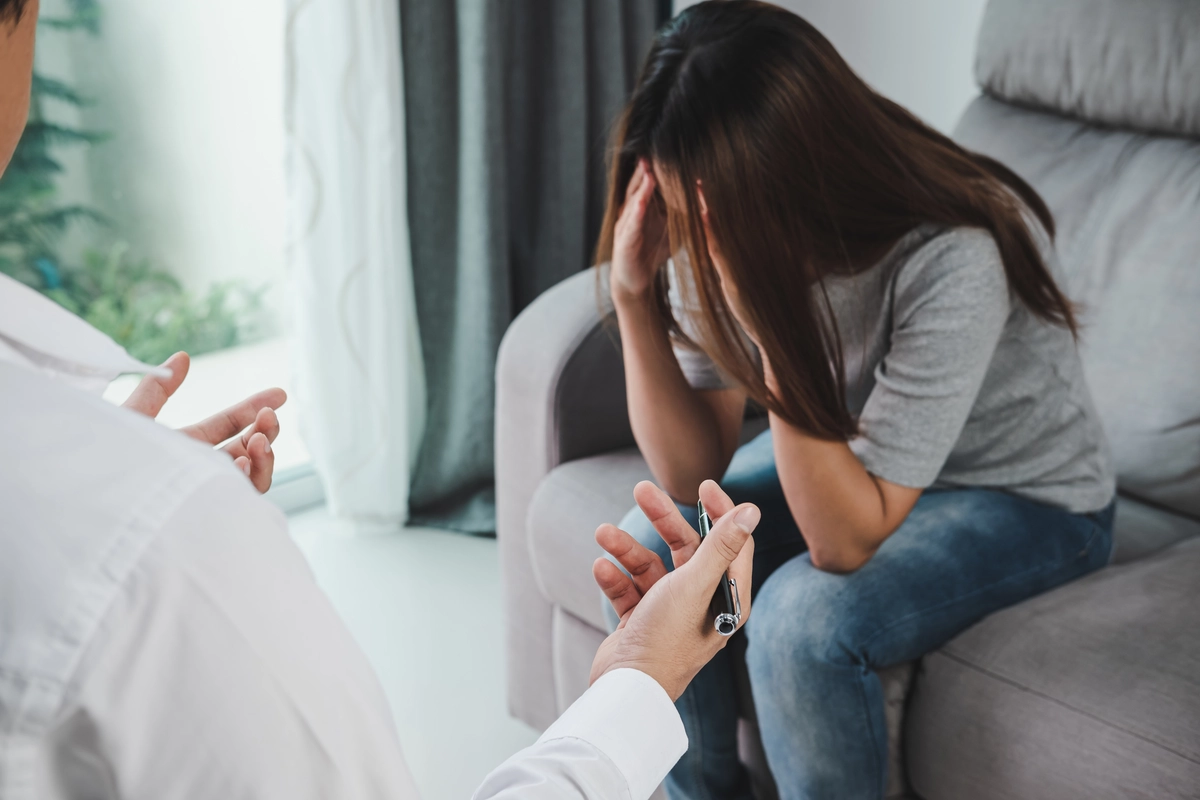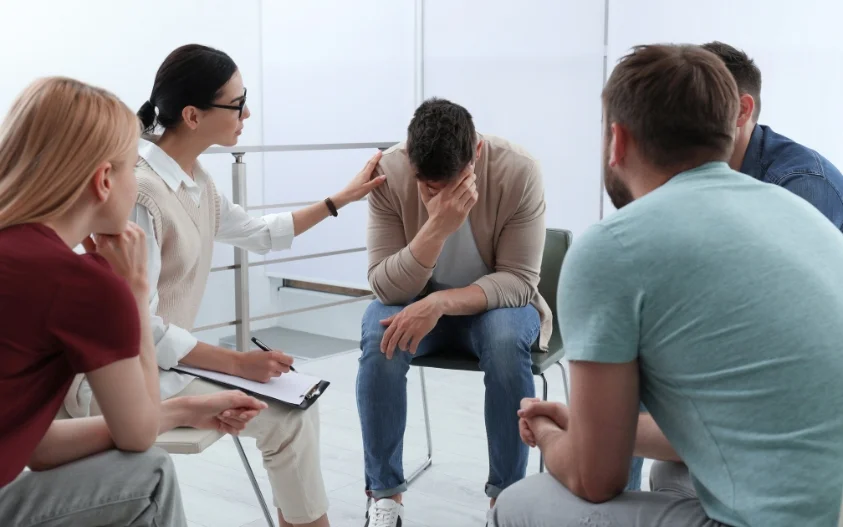is a crucial part of the mental health landscape, addressing the urgent needs of individuals grappling with post-traumatic stress disorder. PTSD can stem from various traumatic experiences, such as military combat, severe accidents, or personal violence, leading to debilitating symptoms that can severely impact daily functioning and relationships. The rehab centers for PTSD Treatment in De Kalb are equipped to manage not only PTSD but also co-occurring substance use disorders, providing a holistic approach that combines mental health and addiction recovery. These centers utilize evidence-based therapies, including cognitive-behavioral therapy, eye movement desensitization and reprocessing, and mindfulness practices, tailored to the unique backgrounds and experiences of each individual seeking help. Understanding the pivotal role of these facilities is essential, as they contribute significantly to better mental health outcomes and reintegrate patients into society, supporting them in reclaiming control over their lives. The history of PTSD Treatment rehab centers in De Kalb reveals a growing recognition of the need for specialized support services, treatment advancements, and increasing accessibility, marking a positive step toward enhanced societal understanding and acceptance of mental health issues. This evolution not only highlights the progress made in treating PTSD but also emphasizes the ongoing journey to eradicate stigma and promote healing, making the information about PTSD Treatment rehab centers in De Kalb invaluable for anyone seeking help or understanding the recovery process.
Learn more about PTSD Treatment centers in De Kalb






























































